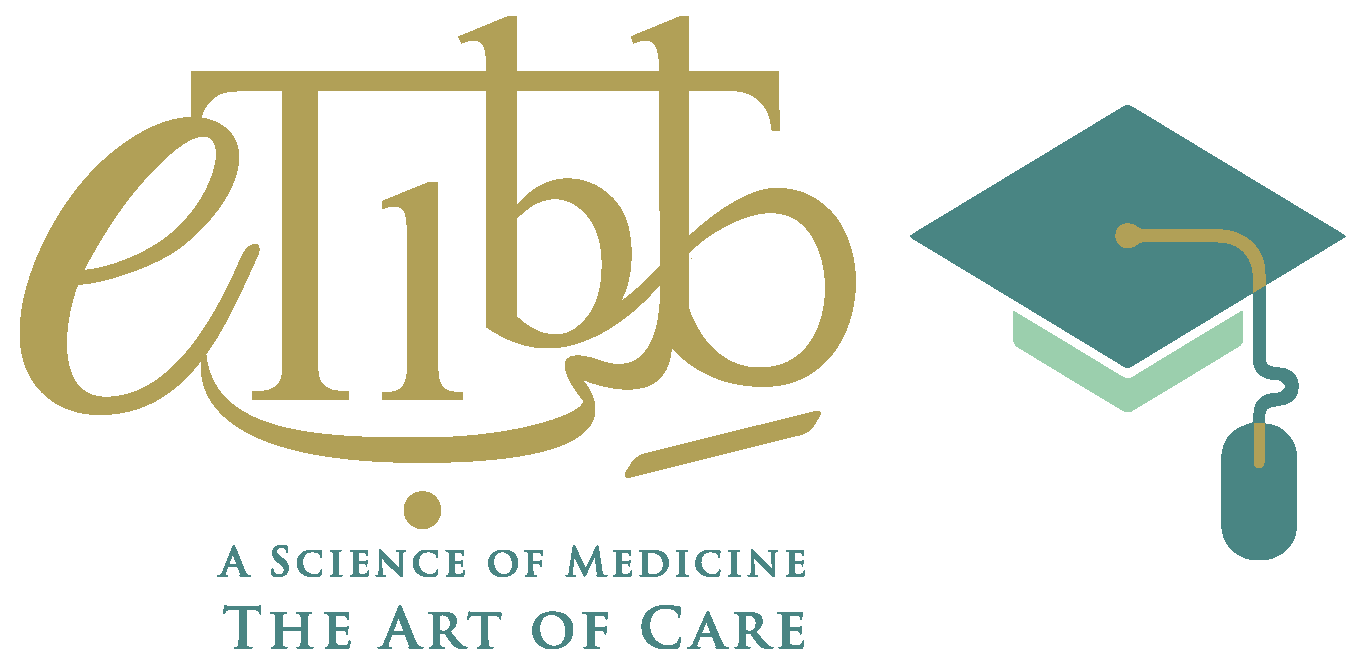Module 2 Philosophy of Tibb
Learning Outcomes:
- Insight into the philosophical principles of Tibb.
- Understand the differences between Tibb and Western medicine.
- Recognising (being aware) that Tibb and Western medicine can be partners inintegrative medicine.
In this video, Professor Bhikha introduces the philosophical principles of Tibb.
Introduction
Tibb is a total system of healthcare, based on the original philosophical principles of medicine from Hippocrates, Galen and Ibn Sina. Tibb not only recognizes that the body, mind and soul are interconnected, but also the relationship between the microcosm (man) and the macrocosm (the universe) and that both health and disease have physical, mental, emotional, and spiritual influences.
Ibn Sina’s definition of Tibb states that:
“Tibb is a branch of knowledge that deals with the states of health and disease in the human body for the purposes of adopting suitable measures for the preservation and/or restoration of health.
It is important to note that the Tibb philosophy places equal emphasis on both the preservation of health as well as the treatment of illness conditions. Tibb believes that by incorporating its’ philosophical principles, a healthy person can become healthier and delay the chronic illness conditions linked to diseases of lifestyle. In addition, these principles allow for a better understanding of the cause/s of disease and the application of treatment, that not only addresses the symptoms but also the underlying causes.
The Philosophical Principles of Tibb
The philosophical principles of Tibb, which include Creation, Qualities, Physis, Temperament, Humours and Lifestyle Factors, provide a comprehensive understanding of not only how illnesses Develop, and the Treatment applied but more importantly how health can be maintained. They are easy to understand and illustrate a “common sense” approach that can easily be incorporated.
It needs to be emphasised that Tibb, as well as other philosophies of health such as Ayurveda and Chinese medicine, allowed many civilisations across the world to survive and prosper for thousands of years.
In contrast to the above philosophies, Western medicine, with its impressive technological advancements in understanding the intricate working of the body with respect to physiology, bio-chemistry and genetics, together with the development of sophisticated imaging technology and surgical procedures, has short-comings – specifically its limited understanding of the causes of diseases. Whilst specialisation into the different systems of the body have provided insights into each system, the holistic and the fully integrated nature of an individual’s body, mind and soul has been lost.
The table below briefly describes the differences between Tibb and Western medicine.
Differences between Tibb and Western Medicine
| The approach of Western medicine | The Tibb approach |
| The body is regarded as a complex machine | The body is infinitely complex and fully integrated |
| The body and mind are seen as separate entities | The body, mind and spirit are interconnected |
| Emphasis on the elimination of disease | Emphasis on maintaining and restoring health |
| Treat the symptoms troubling the patient | Treats the underlying causes of the disorder |
| Specialises – diseases of the heart, kidney, etc | Takes an integrated, holistic approach |
| Uses high-tech, impersonal diagnostic techniques, and medication with many side effects | Focuses on lifestyle, preventative measures, and time-tested, safer, natural medication |
| Focuses on objective information (how the patient is doing – charts, tests, statistics) | Focus on subjective information (how the patient is feeling) |
Whilst there are distinct differences between Tibb and Western medicine, they have a common heritage to the founders of medicine; Hippocrates, Galen and Ibn Sina. This could be the basis for a successful partnership in Integrative Medicine where the philosophy of yesterday could be integrated with the technology of today. Integrating the Tibb philosophical principles of yesterday, with the technology of today can evolve into a healthcare model that can be affordable and effective in this 21st century.
In summary, Tibb is not merely a medical system, it is a lifestyle that combines “A Science of Medicine with the Art of Care”.
References
- Bhikha, R. 2006. 4 Temperaments 6 Lifestyle Factors. Ibn Sina Institute of Tibb. South Africa.
- Bakhtiar, L. 1999. The Canon of Medicine. Avicenna. Adapted by Laleh. Great Books of the Islamic World, Inc.
- Le Fanu, J. 2011. The Rise and Fall of Modern Medicine. Abacus, UK.
